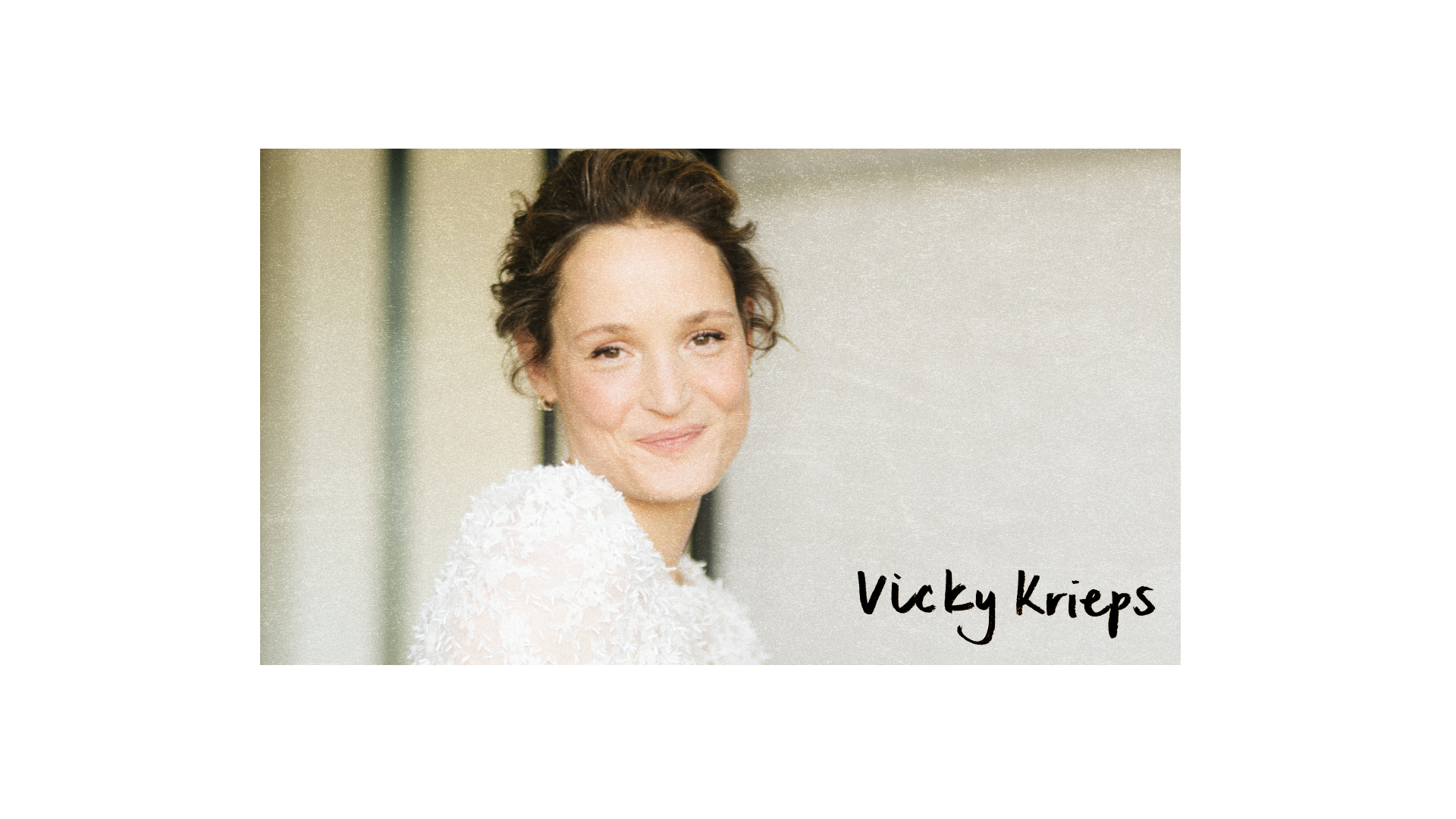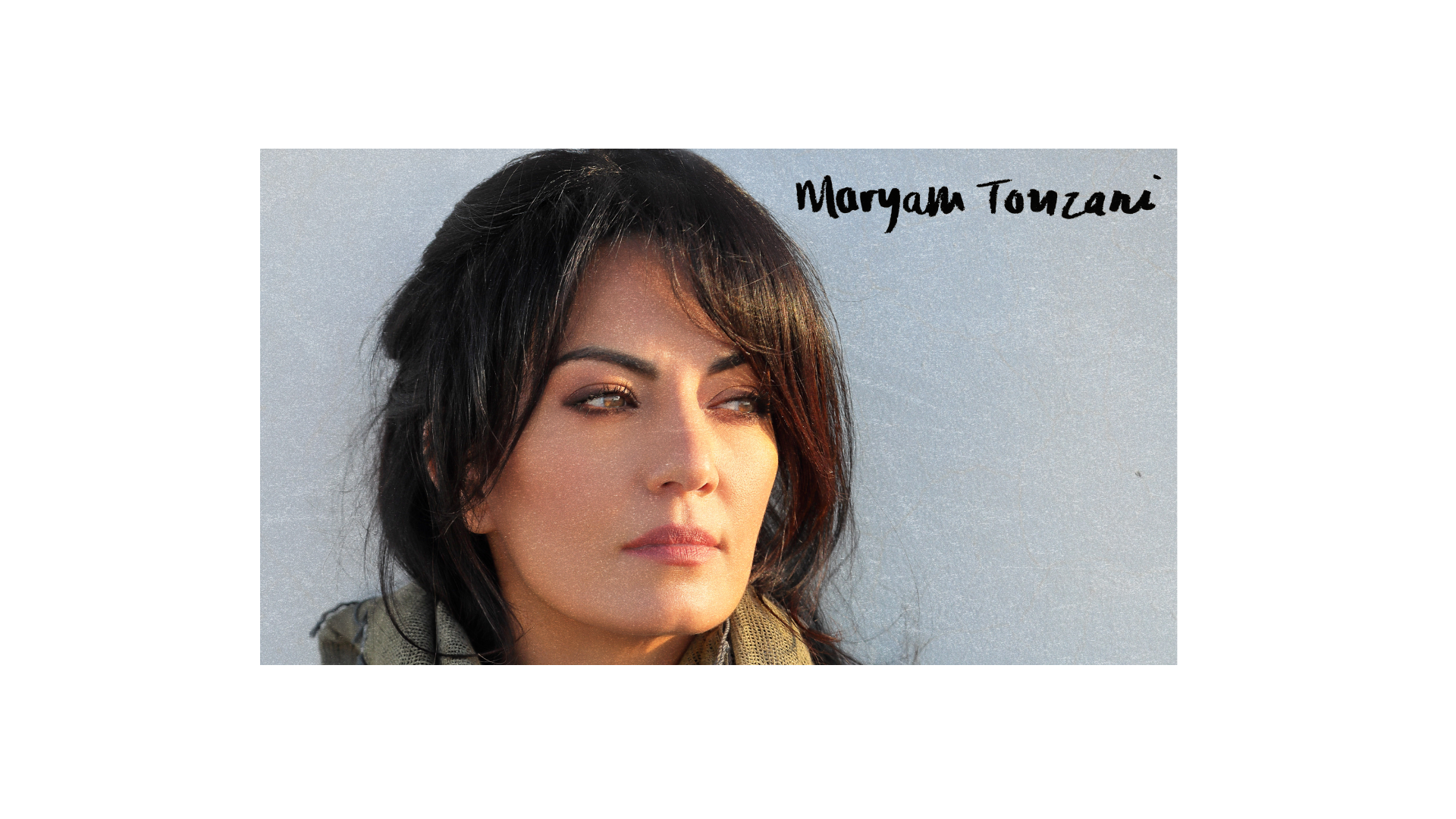Are You a Beautiful Mess?

Most of us have experienced mild terror at the prospect of meeting a new person—be it a first date, a job interview, or an important networking opportunity.
Maybe the high stakes involved have us second guessing choices we normally wouldn’t give much thought to. Do I need a haircut? Will this blazer be too formal? Is my posture unprofessional? Do I need to enunciate more? We’re suddenly hyper conscious of how our characteristics combine to leave an impression, wondering whether the person we’re meeting will like us, fear us, envy us, adore us, respect us—then contemplating which response we’d prefer.
In moments like these, we may find ourselves invoking comforting advice from our childhood of the just-be-yourself variety. A quick scroll through social media may do the trick just as well. Being ourselves and honoring our inimitable uniqueness has become something of a contemporary virtue. Memes and mantras on the subject abound; from Rupi Kaur to Maya Angelou, Winston Churchill to Dr. Seuss, diverse thinkers from this century and last offer a range of ennobling takes on the importance of being who you really are. The best (and most quoted) might come from Oscar Wilde, who gives the topic a characteristically wry spin: Everybody else is already taken.
But what does being yourself really amount to? Who determines what that self is? If we are the author of our own character, then isn’t being an act of invention, subject to our whims and shifting tastes? Or if we are more protector than author, charged with maintaining the purity and integrity of a stable, predetermined self, how can we measure our success? Who’s to say when we’ve veered off course and betrayed the original?

Put on a Costume and Undress Your Soul
In preparation for Between the Two of Us, our upcoming festival in Tangier, Morocco (May 2–5), the House caught up with German-Luxembourgish actor Vicky Krieps while she was enjoying a rare bit of downtime between films. (She’s just wrapped up a project with legendary auteur Jim Jarmusch, co-starring Cate Blanchett and Charlotte Rampling).
Krieps has distinguished herself with captivating performances in some of the finest contemporary cinema of the moment. Her power on screen is hard to describe. She’s mercurial, unaffected, real to a fault, yet somehow not quite of this world. She’s the kind of actor who, instead of putting on a costume, seems to peel back an outer layer of herself, exposing something vulnerable and unprocessed. As an audience, we feel as though we’re watching inchoate feelings assert themselves, that Krieps is as surprised by her reactions as we are. We see her blush and stammer then, just as naturally, find the kind of strength and courage that seems palpably physical, rooted deeply within.
It comes as little surprise to hear that Krieps never thinks of character as something separate from herself. As a performer, she focuses on staying present and open. “I try to really just be there and remove my ego and everything. Just be there and only listen and only react,” she explains.
For Krieps, the doing nothing of acting exists in opposition with the performance required of daily life. “The world is constructed, we’re acting all the time. The funny thing is, If we stop acting, we bump into walls,” she says.
Krieps relates how flummoxed she can become when she’s out in the real world and tries to rein herself in. She tells us a funny story about buying a loaf of bread. “I come to the vendor with my energy and honesty. And we already have a problem because he’s not ready for it, he just wants to know the bread I want,” she says with a smile. She adds that these attempts to break down social barriers, to rattle polite conventions and bring all of herself to daily encounters, are a kind of personal rebellion—a rebellion that echoes in her work on screen.
Filmmaker Maryam Touzani, who’ll be joining us at the festival in Tangier, would certainly identify with Krieps’ rebellion. Touzani’s films explore what can happen between people when they let themselves be open and vulnerable. Her most recent movie, The Blue Caftan, examines what it means to let yourself be seen by someone else, without a protective veneer. “Cinema is essential in opening something and building hope—opening our perception and changing the way we look at the other,” she says.
As artists, both Krieps and Touzani find authenticity in their work by giving themselves over to their feelings and letting those emotions—whatever they may be—guide their journey. In Touzani’s case, this means she doesn’t know the story of her film when she sits down to write. Her process relies purely on instinct and never feels rational or explicable.
“Whenever I write a script, it's always triggered by an emotion. An emotion that can come from meeting a person and what that can provoke,” she explains in a recent interview. “But it has always, always been an emotion that has been at the origin. An emotion or a series of emotions that I feel started to build up inside.”

The Beautiful Mess Effect
What does this mean for those of us who don’t spend our days on set? These reflections on openness and availability are valuable for anyone concerned with leaving an impression—whether it be as leader, public speaker, or simply a charismatic wit about town. There’s a popular misconception that we’re drawn to people who seem effortlessly confident and sure of themselves. Sure, those without noticeable chinks in their armor can be riveting to look at and listen to for a while. But under bright lights, their polish can start to glare. We may long to see a break in their charming demeanor, see them lose their train of thought for a moment or be caught off guard by an unexpected heckle. It’s not a matter of schadenfreude; it’s a matter of identifying with another human being and seeing reactions that feel unplanned and genuine.
Research supports this desire. A recent study by the Journal of Personality and Social Behavior shows that we’re more inclined to like people who show vulnerability. In fact, a study by the same journal discovered that people who blush and embarrass themselves easily are often seen as more trustworthy and generous. The researchers learned that while people tend to feel weak and uncomfortable when they reveal their own vulnerabilities, they regard other people who show vulnerability as courageous and approachable.
This double standard has become so recognized in psychology that it’s earned a name for itself: the Beautiful Mess Effect. In a nutshell, being vulnerable feels weak on the inside, but looks like strength and courage to everyone else.
Test the theory and think of the people you’re most drawn to. Are they flawless, silky, ethereal –the human equivalent of an Hermès scarf? Or are they more like a tangle of found objects and discarded curios, rough here, soft there, catching you off guard with a sudden curve, point, or new texture?
We’re ready to place our bet.
